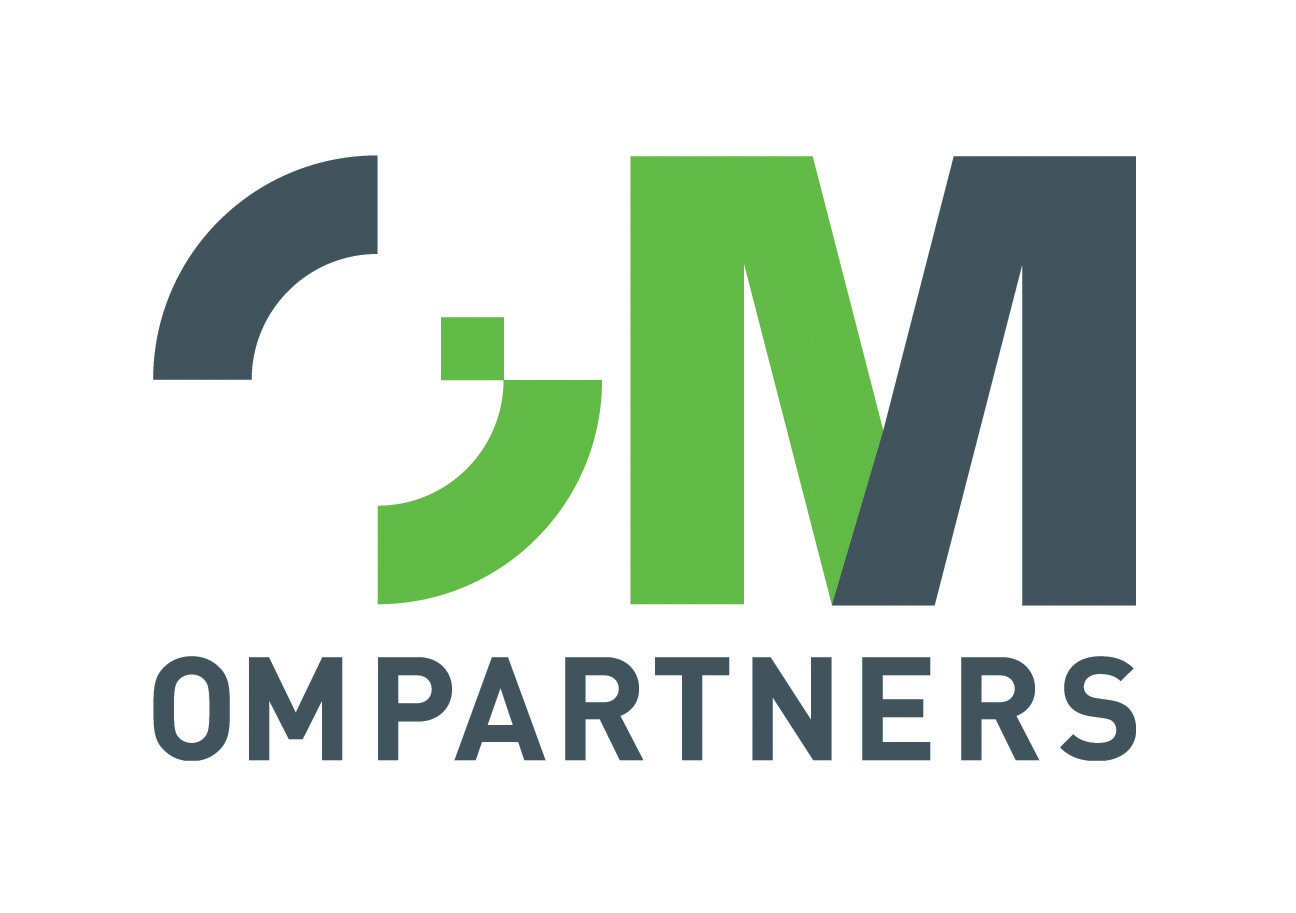| |
|
Detailed schedule
Click on a link for more details
Show all the abstracts
Show all the abstracts
Thursday 11:00:00 Timetabling in education and sport
Room 126 - Chair: G. Vanden Berghe
Thursday 11:00:00 Transportation management
Room 130 - Chair: F. Semet
Thursday 11:00:00 Networks
Room 138 - Chair: B. Fortz
Thursday 11:00:00 Nonconvex optimization 1
Room 035 - Chair: F. Bach
Thursday 14:00:00 Constraint programming models 1
Room 126 - Chair: Y. Deville
Thursday 14:00:00 Vehicle routing
Room 130 - Chair: S. Limbourg
Thursday 14:00:00 Combinatorial optimization and IP applications
Room 138 - Chair: Q. Louveaux
Thursday 14:00:00 Nonconvex Optimization 2
Room 035 - Chair: R. Sepulchre
Thursday 16:10:00 Constraint programming models 2
Room 126 - Chair: P. Schaus
Thursday 16:10:00 Performance modeling
Room 130 - Chair: G. Janssens
Thursday 16:10:00 Scheduling
Room 138 - Chair: K. Sorensen
Thursday 16:10:00 Planning under uncertainty
Room 035 - Chair: R. Leus
Friday 09:00:00 Metaheuristics
Room 126 - Chair: J. Teghem
Friday 09:25:00 Production and distribution (9:25)
Room 130 - Chair: Y. Arda
Friday 09:00:00 Multiple criteria
Room 138 - Chair: R. Bisdorff
- Regional Development in a Well-Being Economy: The Case of Lithuania
Willem K. Brauers (University of Antwerp)
Co-authors: R. Ginevicius, R. Bisdorff
- Evaluation of multi-criteria techniques for project portfolio management
Sylvie Busschaert (University of Antwerp)
Abstract:
Project Portfolio Management (PPM) is a relatively new management disci-
pline which helps organizations to compose and manage their project portfolios.
Although PPM covers a much wider area more than project portfolio selection,
the latter will be the focus of this presentation. After all, the selection process
determines the investment decisions — and thus the future profitability — of
every organization. This awareness is also growing in business. Therefore, orga-
nizations are gradually taking steps to make their current selection procedures
more objective.
There is a wide variety of tools and techniques available to assist organiza-
tions with this activity. Tools and techniques for graphical representations and
financial models are the most frequently used. However, the complexity of this
decision problem demands the application of even more complex techniques be-
longing to the field of Multicriteria Decision Making (MCDM). These methods
provide the decision maker(s) not only with the possibility to incorporate multiple
criteria into the selection process, but allow in addition to model the preferences
of this decision maker in case of lacking information.
In this talk, we thoroughly compare three MCDM-techniques: Weighted Scor-
ing, The Analytical Hierarchy Process (AHP) and ARGUS. Since a ‘good’ selec-
tion method is user-friendly as well as methodologically correct, the conformance
of each of these methods with the following four parameters is examined: (1)
transparency, (2) ease of manipulation, (3) time required for execution and (4)
respect for scales.
Although user-friendliness is generally perceived as the most important fac-
tor to define the difference between a ‘good’ and a ‘bad’ selection method, this
presentation proves the importance of the methodological characteristics of the
method applied. A real case-example of a multi-criteria project selection study
executed at the Flemish Government illustrates that in case of disrespect of mea-
suring scales, one cannot state with certainty that the decision results are reliable
and not coincidental.
Although none of the tested methods for project portfolio selection dominates
the other, i.e. no method complies to all methodological and operational criteria,
we find that ARGUS represents the best compromise between these two worlds.
The abstraction of the ARGUS-algorithm makes manipulation rather difficult,
the availability of a user-friendly software shortens the time for execution signifi-
cantly and, even more importantly, it is the only method of three which respects
the ordinal scale of decision variables. However, due to the lack of transparency,
the acceptance of ARGUS in practice remains a big question mark.
- Multicriteria decision making in a multi-level manpower system
Marie-anne Guerry (Vrije Universiteit Brussel)
- Sensitivity analysis of the additive model in data envelopment analysis while inputs and outputs are fuzzy data
Mahsa Faizrahnemoon (Islamic Azad University, Tehran Science and Research Branch)
Co-authors: A. Davoodi
Friday 09:25:00 Stochastic models (9:25)
Room 035 - Chair: L. Esch
Friday 11:00:00 Constraint programming and Supply Chain Management
Room 126 - Chair: Y. Deville
Friday 11:00:00 OR in health management
Room 130 - Chair: P. De Causmaecker
Friday 11:00:00 Rankings and importance indices
Room 138 - Chair: JL. Marichal
Friday 11:00:00 Queueing
Room 035 - Chair: S. Wittevrongel
Friday 15:10:00 Optimization software
Room 126 - Chair: E. Loute
Friday 15:10:00 Integrated operations planning
Room 130 - Chair: B. Raa
Friday 15:10:00 Cycles in graphs
Room 138 - Chair: F. Spieksma
|
|






